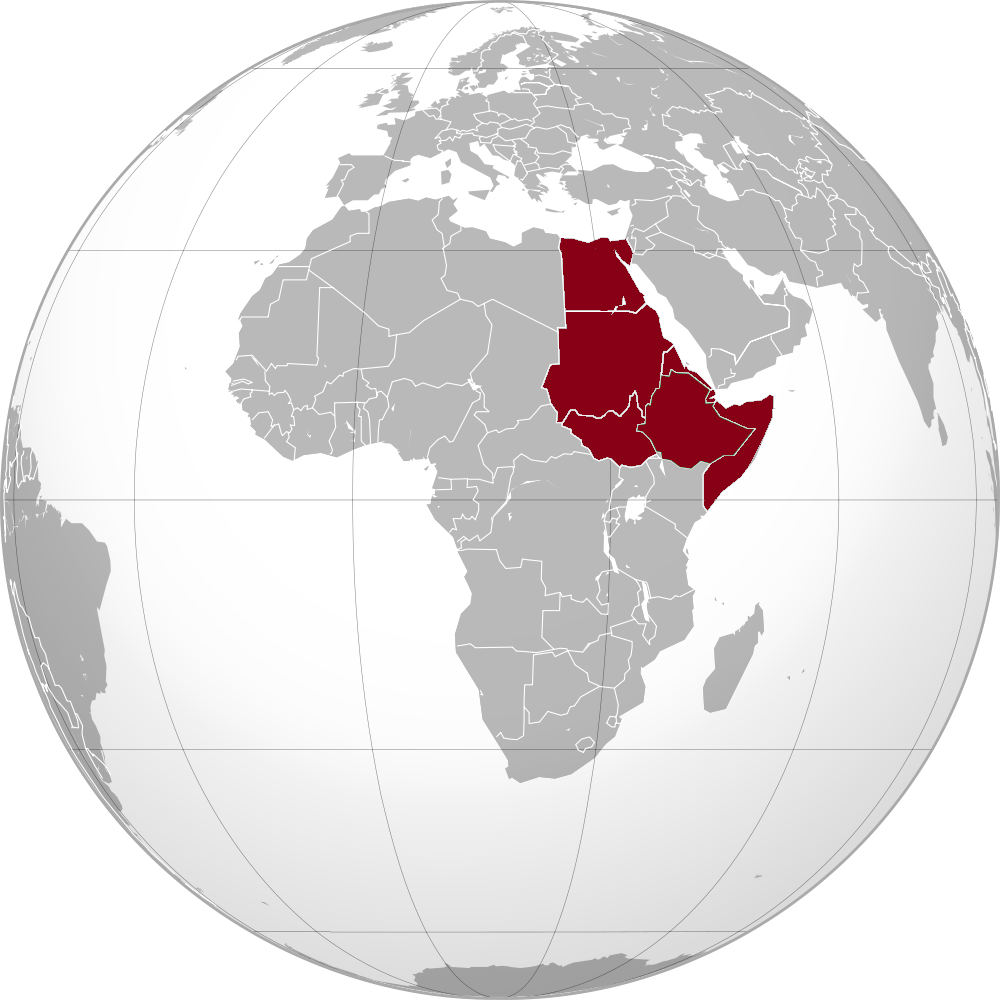Rendille word for human: Barbar.
In modern Somali it means youngsters.
It can also be used to mean the place where someone was raised; Apollo Wuxu ku barbaaray immigrant ghetto.
(Apollo was raised in an immigrant ghetto).
You will know there is a famous Somali city called Barbara. There is a small town in Sudan with the same name.
Ancient Cushitic were called Barbaroi.
The Egyptians apparently referred to people down there whose languages they couldn’t understand as “Barbar. I think it may come for their original Cushitic word for human or people.
The Romans later ran with the word and started calling all foreigners as Barbarians.
In the medieval times the Somalis were called the Barbaras, then overtime other black or Beber Muslims started being referred to as Berber. The Tamazight people were later erroneously referred to as “Berbers” and this is their name till this day.
If my Suugo linguistics is correct then it means ancient Somaloid gave a word to the English language.
We wuz Barbarians.
In modern Somali it means youngsters.
It can also be used to mean the place where someone was raised; Apollo Wuxu ku barbaaray immigrant ghetto.
(Apollo was raised in an immigrant ghetto).
You will know there is a famous Somali city called Barbara. There is a small town in Sudan with the same name.
Ancient Cushitic were called Barbaroi.
The Egyptians apparently referred to people down there whose languages they couldn’t understand as “Barbar. I think it may come for their original Cushitic word for human or people.
The Romans later ran with the word and started calling all foreigners as Barbarians.
In the medieval times the Somalis were called the Barbaras, then overtime other black or Beber Muslims started being referred to as Berber. The Tamazight people were later erroneously referred to as “Berbers” and this is their name till this day.
If my Suugo linguistics is correct then it means ancient Somaloid gave a word to the English language.
We wuz Barbarians.







